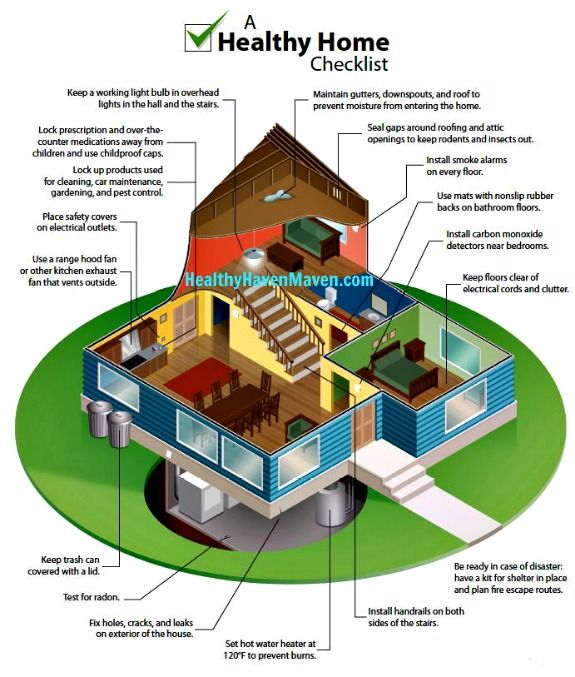In an era where sustainability and power efficiency are critical, several companies seek environmentally friendly heating services. One such service is the heatpump.
A heat pump removes the warmth in its environments and pumps it into your home, leading to among one of the most efficient environment-friendly central heater around. This process also generates no greenhouse gas discharges, making it an extremely lasting technology.
Power Effectiveness
Heatpump are extremely energy effective and need little maintenance. They use less electrical power than other furnace and are without a doubt the most eco-friendly. They work well with rooftop solar and can frequently spend for themselves in utility cost savings alone.
They can also give cooling, which is fantastic for garage workshops, attic room hangouts and incentive areas, and home enhancements without extending the existing ductwork. They can also be made use of for retrofits in existing homes with hydronic (water-based) circulation systems such as reduced temperature level radiators or glowing floors.
Look for versions with SEER and HSPF scores that fulfill or exceed copyright's minimum criteria, in addition to the requirements in your area. Higher scores indicate higher performance, which saves you cash over time and minimizes your carbon impact. You may even qualify for discounts and motivations! The very best units are those with a ground warmth exchanger for added performance. These systems can soak up thermal energy from the ground throughout the wintertime and remove it in the summertime.
Minimized Greenhouse Gas Emissions
Heatpump run on electricity and essentially move warmth from the air, also when it's cool outside. They are able to remove the complimentary heat caught in air fragments and relocate them indoors, decreasing humidity while doing so.
Contrasted to gas heating systems, modern heatpump make use of less than one kilowatt of electricity per kilowatt of home heating power they generate. This makes them the most energy reliable heating option readily available with a POLICE (Coefficient of Performance) of 4 or more. By lowering the demand for nonrenewable fuel sources, heatpump help in reducing greenhouse gas exhausts and reduce other major air pollutants.
Building decarbonization is a worldwide important, and the heating and cooling field is an essential motorist of that procedure. Whether it's real estate investors making net zero dedications, plan manufacturers setting emissions limits, or tenants requiring greener rooms, electric heat pumps are being acknowledged as an essential solution. https://cost-to-add-air-condition34333.wizzardsblog.com/29328226/making-the-most-of-convenience-and-savings-tips-for-optimizing-your-heat-pump-performance are a cost-efficient way to lower carbon exhausts by getting rid of the requirement for nonrenewable fuel sources in buildings.
Convenience
Heatpump can be utilized in many kinds of homes and structures-- with or without air ducts. They collaborate with hot-water radiators, air-conditioning and programmable thermostats. They can replace heating systems or be installed in new homes. They can operate on solar panels, geothermal systems or even area heating sources like wastewater.
They're great at providing even more heat per power device. For instance, an air-source heat pump produces up to 3 or even more heating units from each electrical power device it takes in.
Getting the most from your heat pump will rely on your environment area and high quality of insulation. Look for models with power STAR scores and compare their SEER or HSPF specifications. In warmer environments, focus on SEER; in cooler regions, think about a system with a greater HSPF rating. Additionally, buy air securing and insulation to reduce the tons on your heatpump. That will certainly improve energy effectiveness and aid you reach your Internet Absolutely no goals quicker.
Biomass Boilers
Biomass boilers use wood pellets, chips or logs to develop heat and warm water. They are an excellent choice for off-grid properties or those that wish to leave the gas grid.
As a standalone heating system, biomass can give adequate power to maintain your home cozy all year round without the normal heat drop off of other renewable modern technologies. They can also be made use of along with photovoltaic panels to increase cost savings and take advantage of RHI settlements.
A disadvantage of these systems is the upfront expense and normal gas distributions. Commonly, pellets will need to be blown right into a gas store making use of a vacuum system or they can be manually fed into the boiler via a receptacle. airconditioning system are usually self-sourced from neighboring forest or gotten wholesale. Along with this, they require hand-operated loading and may need cleansing regularly.
